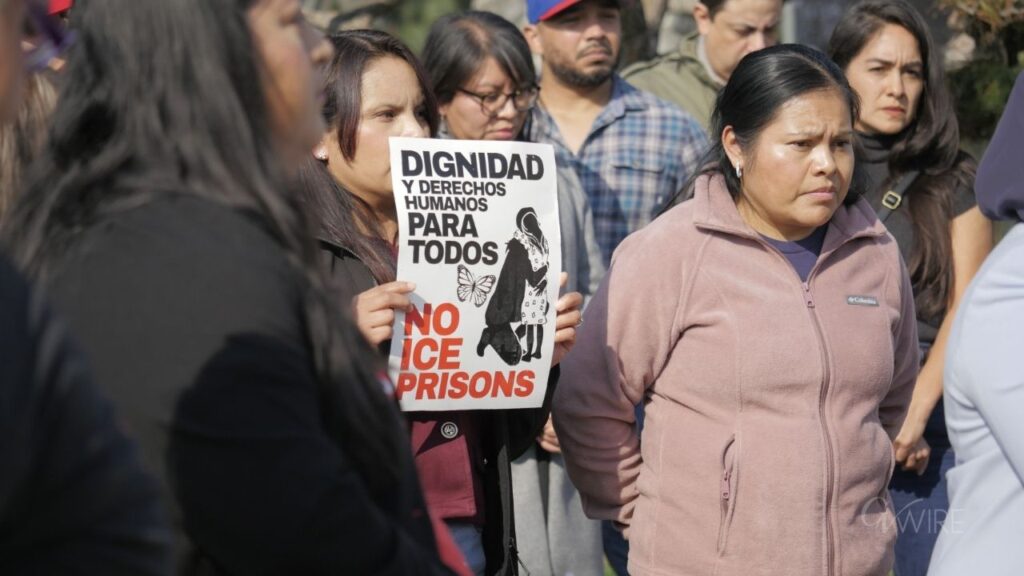Share
California will resume eviction and foreclosure proceedings on Sept. 2, stoking fears of a wave of evictions during the coronavirus pandemic unless the governor and state Legislature can agree on a proposal to extend protections into 2021.
The Judicial Council of California voted 19-1 on Thursday to end the temporary rules that had been in place since April 6. Since the pandemic began in March, more than 9.7 million people have filed for unemployment benefits in California. A survey from the U.S. Census shows more than 1.7 million renters in the state could not pay their rent on time last month.
Lawmakers Lobbied to Keep Rules Through August
California Chief Justice Tani G. Cantil-Sakauye has been reluctant to let the rules stay in place much longer, saying it’s the job of the judicial branch to interpret the laws, not make them. She had previously pushed for the rules to expire this week. But lawmakers successfully lobbied her to extend the protections through the end of August, giving the Legislature and Gov. Gavin Newsom more time to agree on a longer-term solution.
“We have to get to work. We have been at work, we ought to roll up our sleeves and get this package across the finish line,” Newsom said Wednesday during his coronavirus news conference.
California could become one of the first states to put eviction protections in law in response to the pandemic. At least 43 states had some sort of temporary eviction protections in place earlier this year, according to the Aspen Institute. But many of those protections have expired, leaving about 30 in place now.
“In a number of other states where you have seen eviction moratoriums expire, the rush to the courts is really overwhelming,” said Katherine Lucas McKay, senior program manager for the financial security program at the Aspen Institute.
Legislators Want to Avoid Eviction Crisis
California’s legislative leaders want to avoid that. They are seriously considering two proposals. Both would halt evictions during the pandemic. But they differ on how to compensate property owners for lost rent payments.
The Assembly version would protect property owners from foreclosure. The Senate version would give property owners the option of taking credits that would lower how much they owe in state taxes beginning in 2024. Owners could sell those credits before 2024 if they needed immediate cash.
Both proposals face problems. The California Apartment Association opposes the Assembly’s proposal, calling it the “free rent bill.” They support the Senate’s proposal. But that version would be expensive, with one estimate showing it would cost the state more than $12 billion at a time when lawmakers are struggling to fill multibillion budget deficits of their own.
The final version will likely be a combination of the two proposals. Regardless of what the state does, many local governments — including most of the state’s major cities — have passed their own eviction protections that will extend beyond Sept. 2.
But many of the local ordinances are not as strong as the statewide rules set to expire next month. Brian Augusta, legislative advocate for the California Rural Legal Assistance Foundation, said those laws vary by jurisdiction, creating a policy patchwork that is difficult for tenants, landlords and judges to keep straight.
“I don’t think it would be a safe course of action for the governor to rely on local governments to fill that gap,” he said.
RELATED TOPICS:
Categories

Trump Says He Wants ‘Honest Investigation’ of Alex Pretti’s Killing

Dollar Sinks to Four-Year Low as Intervention Risk Lifts Yen

















